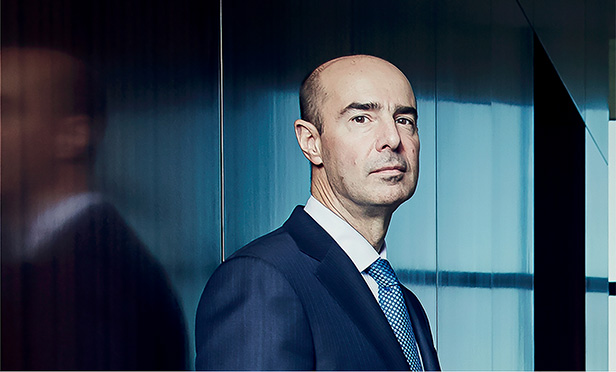

The Labor Department's fiduciary rule is now in flux after embattled Labor Secretary Alexander Acosta resigned his post on July 12 due to pressure over his handling of the sex trafficking case against hedge fund manager Jeffrey Epstein.
Patrick Pizzella, Acosta's deputy, was appointed to the acting secretary post the same day. However, a week later, President Donald Trump announced via twitter that Eugene Scalia, the lead Gibson Dunn attorney who argued against Labor's now-defunct fiduciary rule, would be his pick for the next Labor Secretary.
Industry officials are now debating whether it will be Pizzella or Scalia who greenlights a fiduciary rule. Preston Rutledge, head of the Labor Department's Employee Benefits Security Administration, said on June 4 that Labor's upcoming fiduciary rulemaking will align with the Securities and Exchange Commission's Regulation Best Interest "to mitigate the confusion that different regulations create."
In early August, industry attorneys weighed in on Labor's fiduciary rule timeline. While an acting secretary can sign off on regulations, "considering the charged political nature of any [DOL] fiduciary rule, the issuance may be delayed for that," said Fred Reish, partner at Drinker Biddle & Reath in Los Angeles.
The Wall Street Journal reported in early August that sources familiar with the matter argue that Scalia would likely have to recuse himself from crafting a Labor Department fiduciary rule.
The Journal stated that government ethics rules generally prevent officials from participating in issues they were involved in while in the private sector to guard against potential conflicts of interest.
Brad Campbell, the former head of Labor's EBSA, said in separate comments to IA, however, that traditionally, participation in litigation wouldn't preclude Scalia from working on a regulation. "Is it possible that has changed, or in this instance they've decided that for whatever reason they want to take a different path? That's possible," said Campbell, who's now a partner in Drinker Biddle & Reath's Washington office.
Labor, however, "could execute a specific recusal" for Scalia to say that while he's secretary of Labor, he can make decisions on all matters except those relating to the fiduciary issues, which will be referred to the deputy secretary, Campbell explained.
The acting secretary "may be the one charged with fiduciary rulemaking rather than Scalia," added George Michael Gerstein, a partner at Stradley Ronon in Washington and a member of the firm's Fiduciary Governance Group. Labor "continues its coordination with the SEC," he said, adding that he anticipates a DOL rule or other guidance that aligns with Reg BI being issued by the third or fourth quarter.
Labor's rule will be a proposed regulation with a notice-and-comment period, according to Reish. "I don't see how they can piggyback it on any [rule] the Department has done in the past."
But Reish added that "for appearances' sake alone, [Scalia] should abstain from participation in the development of a new fiduciary regulation and any prohibited exemptions that are similar to those he opposed in court."



